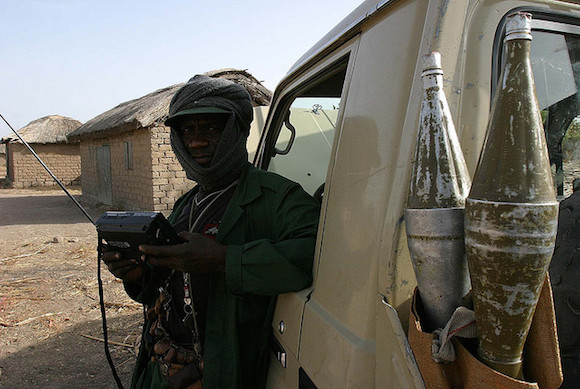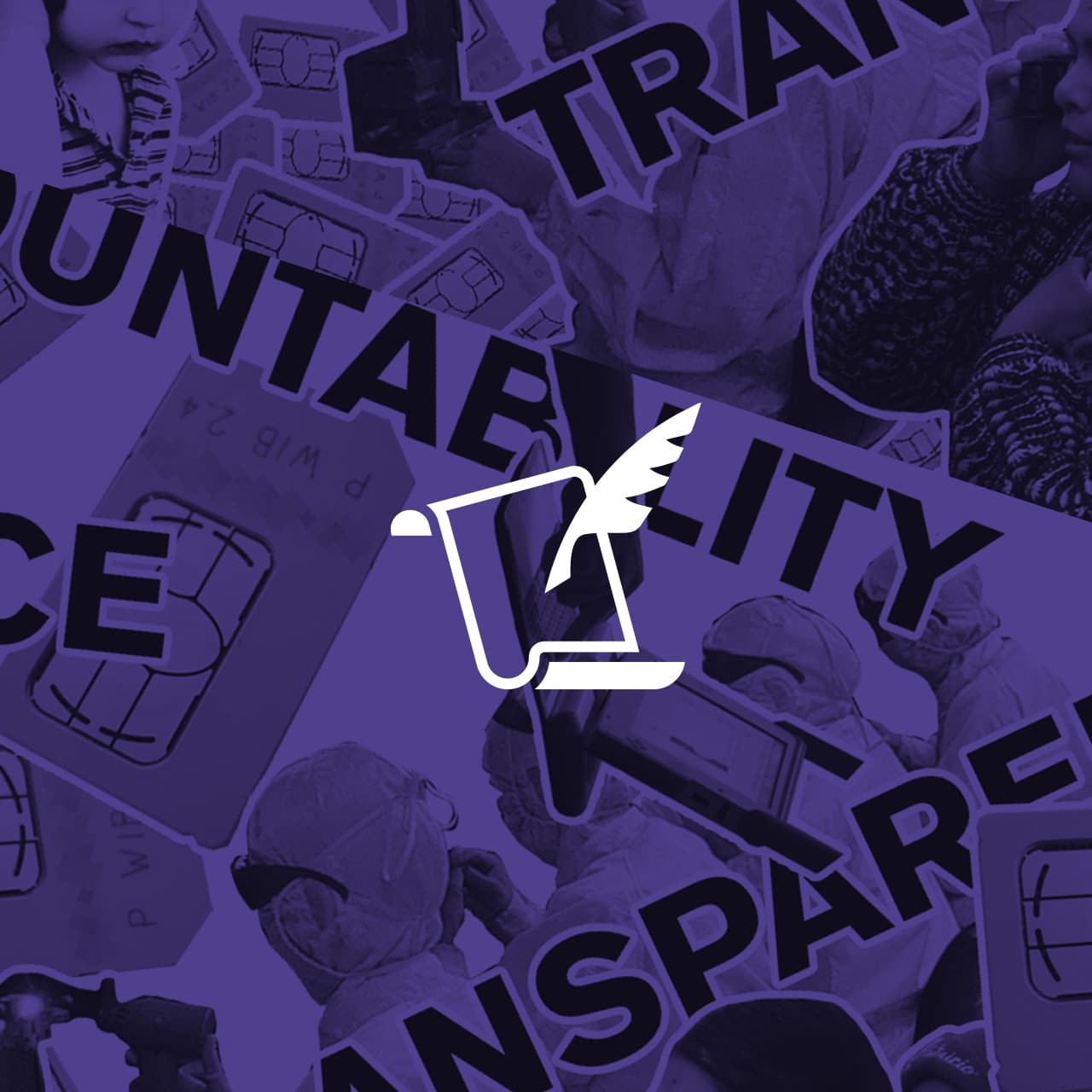
Network shutdowns, mass throttling of data, and similar disruptions once shocked the world. Now, it seems, they are accepted as a common way for governments to suppress demonstrations, eliminate dissent, and control the flow of information beyond national borders. For example, just last month the Democratic Republic of Congo shut down internet and mobile services, and the South African government temporarily jammed mobile service in Parliament last week.
To reverse this trend, Access has submitted evidence to the International Criminal Court (ICC) about the SMS shutdown in the Central African Republic (CAR) during June and July 2014. The submission supports the latest ICC investigation into crimes against humanity in CAR, the Court’s second probe into the “endless” list of atrocities perpetrated there.
We believe the CAR government’s country-wide SMS shutdown order, which lasted around six weeks, added to internal chaos. Far from restoring public order, the shutdown served to enable and exacerbate the country’s crimes against humanity. Indeed, a “fresh wave of sectarian violence” erupted in June 2014 between ethnic and religious groups, according to news reports, and the UN special envoy warned the situation had deteriorated during that month. No less important, the shutdown set a model for other countries to follow.
To advance the ICC investigation, Access recommended that prosecutors should study the human rights impacts of the government-ordered network shutdown, identify those responsible, and hold them accountable in order to set a precedent in CAR and around the world. As we detailed in the letter:
…there is no dispute that the shutdown occurred. Further, the authenticity of the legal order calling for the shutdown, signed by Minister Assane, is not in question. The Suspension Order was addressed to Azur, Moov, Telecel and Orange, the telcos that provide network services in the region. Since they complied with this CAR government order, the telcos should be able to provide the ICC with additional evidence about the network shutdowns.
We submit this evidence in the hope that future atrocities will not be committed or enabled by these types of communications disruptions. By ordering a country-wide blackout of SMS messaging the government added to a chaotic landscape of internal confusion and unaccountability. This shutdown violated a number of treaties that CAR pledged to uphold, infringing the rights of its citizens, and should not go unaddressed by international bodies or set a precedent to be mimicked by other regimes.
We intend for our submission to assist the ICC with its investigation of the many alleged crimes against humanity that occurred in CAR. Action on this critical issue will be instrumental to redress the harm that such human rights abuses cause.
You can download Access’s submission to the ICC here.
photo credit: Pierre Holtz
